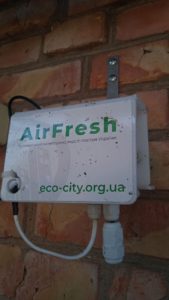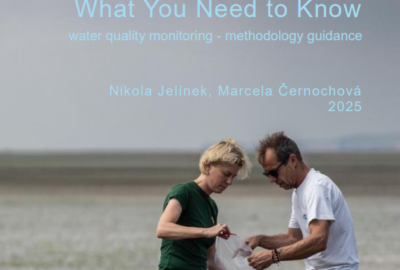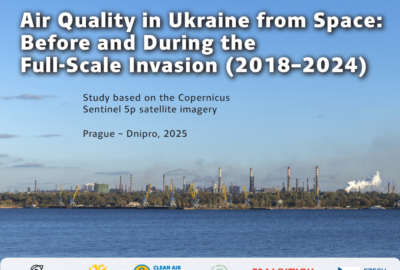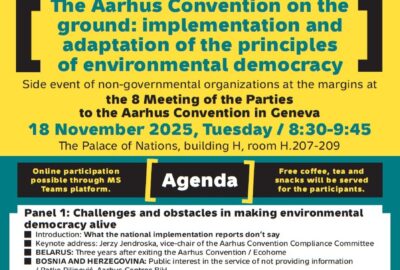Air quality monitoring stations during the war have become a valuable thing that people save from crushed houses. The story of the Kharkiv citizen Valery Krukovets shows this.
Krukovets, a 3D designer, moved to a new house in Kharkiv in the autumn of 2021 and immediately installed an Ecocity quality monitoring station.“Earlier, I used to learn about air pollution in my region on the internet, and sometimes I even saw the permissible concentration of pollutants being exceeded, so I decided to buy a station for my home as well because my little son is growing up. You need to know the safety of the air, whether it is worth going outside to breathe clean air or not on certain days,” he recalls.
When the war with the Russian Federation began, the family evacuated to another region. In April, their home was hit by a Russian bomb.
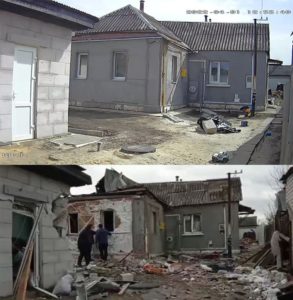
It tore everything apart, destroyed the roof, knocked out windows and doors, and destroyed the garage. In May, Valeriy came to visit the house – and saw the Ecocity station, which was hanging on a wire and had been burned by the sparks of the explosion but was still in working condition.
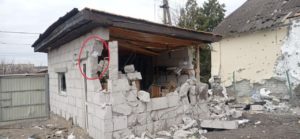
“I picked up the station along with other valuable things and took them to my relatives in the Dnipropetrovsk region,” he recalls. “The device was clogged with dust and the power supply unit was burned out. I contacted the manufacturer of Ecocity, who replaced the unit for free, and now we have a station installed in another house, in another region.”
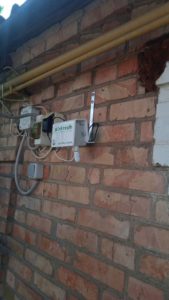
Here, the family is in a 30-kilometre zone around the Zaporizhzhya nuclear power station, but Valery believes that it is safer than living next to the bloodthirsty neighbour the Russian Federation, 20 km from the border. After all, several Ecocity stations in Nikopol and Margantsi constantly transmit data on the levels of radiation. Our station shows the air quality properly.
“I work remotely, my family is nearby, everyone is alive, and that’s good,” Valery says. “We believe in victory.”
Thus, the public monitoring of air quality and radiation levels has been proved to be viable and important even during the war.




